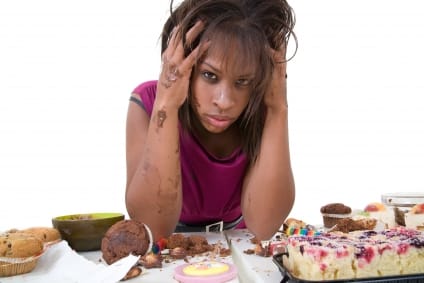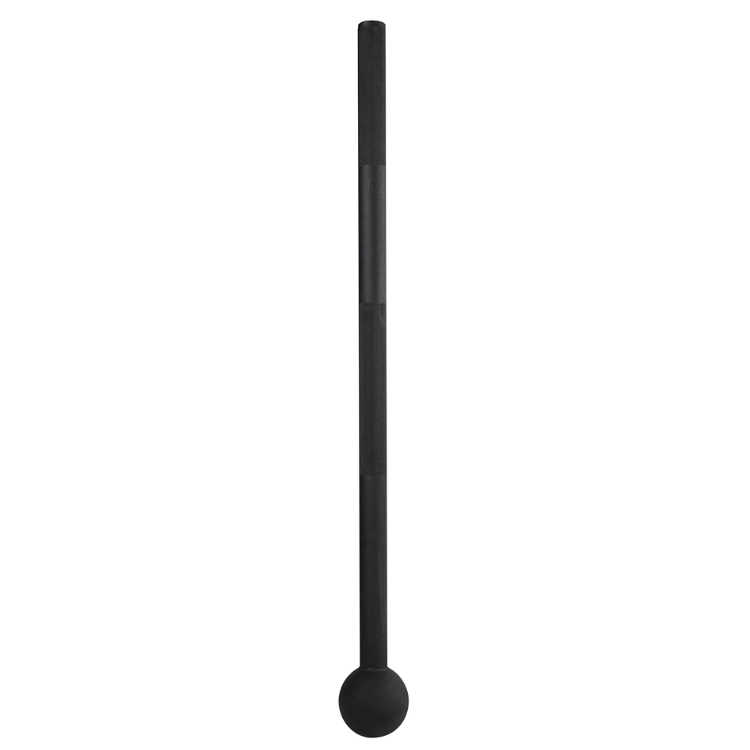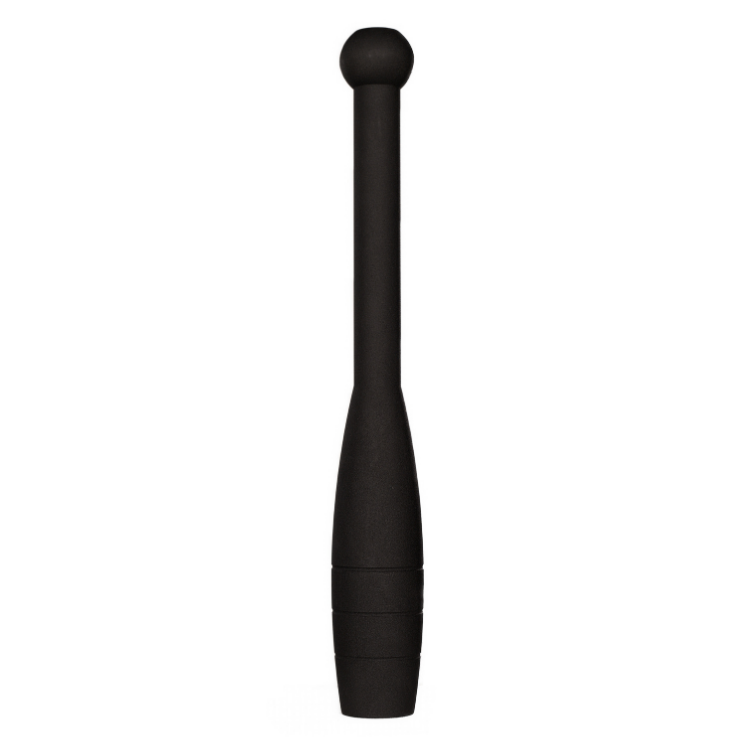Sad to say, binge eating is a prevalent problem these days. Even individuals, who doesn’t have an eating disorder, fall victim to this habit of overeating, as well as, compulsive eating, according to the report.

A person is thought to be struggling with emotional binge eating when their instances of unmanageable overeating are prompted by such feelings as sadness, anxiety, shame, anger, frustration, or even happiness.
Photo Credit: fittipdaily.com
On the other hand, if you are falling into this habit quite often, or maybe any of the following situations affect your eating pattern, make sure to go over the problem along with your physician:
- You choose to eat only a small slice of cake just to stop your cravings and you end up eating the whole cake.
- You feel uncomfortable and conscious when eating and choose to eat alone.
- You plan to begin your diet finally, so you go hungry all day and find yourself eating everything in the fridge
- You forget just how much food you have eaten while you’re depressed or bored.
- You possess a list of bad and good foods.
- You feel guilty because you have no self-control.
- Your guilt regarding your gorging forces you to not eat, keep laxatives and turn to vomiting to undo the damage you have done.
Those that are mentioned above refer to the habit of disordered eating known as binge eating. A person is thought to be struggling with a binge eating disorder if they have frequent, unmanageable instances of overeating. A person is thought to be struggling with emotional binge eating when their instances of unmanageable overeating are prompted by such feelings as sadness, anxiety, shame, anger, frustration, or even happiness.
Emotional Binge Eating Causes
Keeping a food journal is among the best ways of determining and dealing with the emotional factors, which make you binge eat. Having a food journal will help you know more about the reason why you crave particular foods and monitor the different emotions that result in urges and finally binge eating.
Ask yourself if you are truly hungry. This will be significant because most people that binge eat do it if they’re not really hungry. Rather, they eat because of stress from emotional factors, environmental factors, as well as, mental triggers. This can be a very effective realization. When you realize this you’ll see the truth that your binge eating isn’t a consequence of lack of self-discipline but due to learned behavior, which can be unlearned.
Here’s an article from Mirror regarding emotional eating.
Emotional Eating – How To Put An End To Cravings For Comfort Food
[quote style=”boxed”]Emotions have an incredible power to influence our food choices – usually in the opposite direction of healthy eating.
If you’re an emotionally driven eater, you might use comfort food to soothe stress.
If you’re in a bad mood you probably don’t care what you eat – or how much of it you pile on your plate.
And it’s not just negative emotions that lead us to over-indulge.
Many of us use food in a celebratory way, and any occasion can be a green light to binge.
Food can also conjure up comforting feelings and memories.[/quote]
Binge Eating Support
The good thing is that nowadays, people who wish to end emotional binge eating have an abundance of recommendation. The bad news is the fact that frequently it is not easy for an average person to determine which advice is better.
The end of overeating doesn’t have a diet regime. If you have problems such as this, it is best to consult a doctor. If you are stress or depressed, why not turn to exercise, it can surely help alleviate such conditions.
If you want to book a free consultation or perhaps you want to hire the services of a personal trainer, contact us at Dangerously Fit boot camps. Click here.






